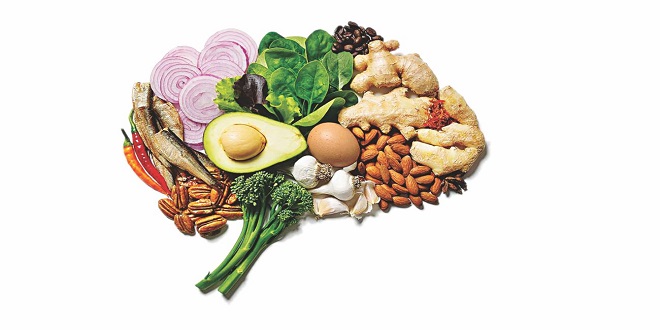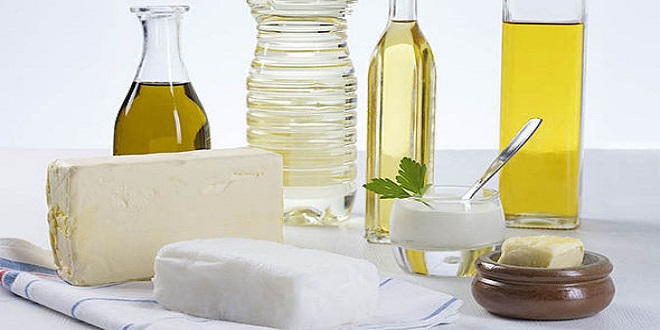Foods Uniquely Designed to Screw Up Your Brain

Beelzebub, Satan, Abaddon, Lucifer, the Evil One like the Devil, sugar takes many forms and goes by many names. Sucrose, dextrose, glucose, maltose, lactose what’s the difference, and why should you care? They can all spike your blood sugar and tamper with the hormones that control appetite and fat storage. However, one, in particular, has gotten the spotlight recently, and perhaps for good reason, as it has silently crept its way into every crevice of our food environment: fructose.
Human Foie Gras
Fructose, and sugar consumption in general, is a major contributors to nonalcoholic fatty liver disease, or NAFLD. Currently affecting seventy million adults in the United States (30 percent of the population), rates of NAFLD are expected to explode in the coming years unless we can do something about our collective sweet tooth.
By the year 2030, it is estimated that 50 percent of the US population will have NAFLD—and insulin resistance, a problem affecting a staggering number of people worldwide, is directly proportional to the severity of the disease. But we’re not the only animals experiencing an epidemic of fatty livers.
A Gut-Brain Terrorist
Unsurprisingly, ground zero for many of the problems associated with sugar is the gut. Fructose in particular, whether from processed sugary foods or excessive fruit sugar, impairs its own absorption when it is consumed in large amounts.
While this may sound vaguely positive, the excess fructose left to linger in the gut can create many unpleasant symptoms, from bloating and cramps to diarrhea and symptoms of irritable bowel syndrome (IBS). As gnarly as this sounds, high intestinal fructose concentration can also interfere with tryptophan absorption
The Sour Truth about Sweet Fruit
Why would a sugar found naturally in fruit be so poorly tolerated by modern humans? It doesn’t make intuitive sense until we consider the scarcity and seasonality of fruit until a few short decades ago. Like the casino of a Las Vegas resort, our modern food complex has lost any sense of time, place, and season.
Within a single generation, we have gained unprecedented access to sweet fruit. Pineapple from the tropics, berries grown in Mexico, and Medjool dates from Morocco are now flown to our towns and cities so that they may line our supermarket shelves all year long. These fruits are bred to be larger and contain more sugar than ever before in history
A Call to Action
Every year, billions of dollars are spent to market junk foods to the American people. But more than simply buying ad space in magazines or on TV, these juggernaut companies regularly fund studies to downplay the role of junk food in the public obesity crisis. The New York Times recently exposed scientists involved in a leading soda giant’s initiative to shift the focus in the global obesity and type 2 diabetes epidemics from diet to laziness and lack of exercise.





